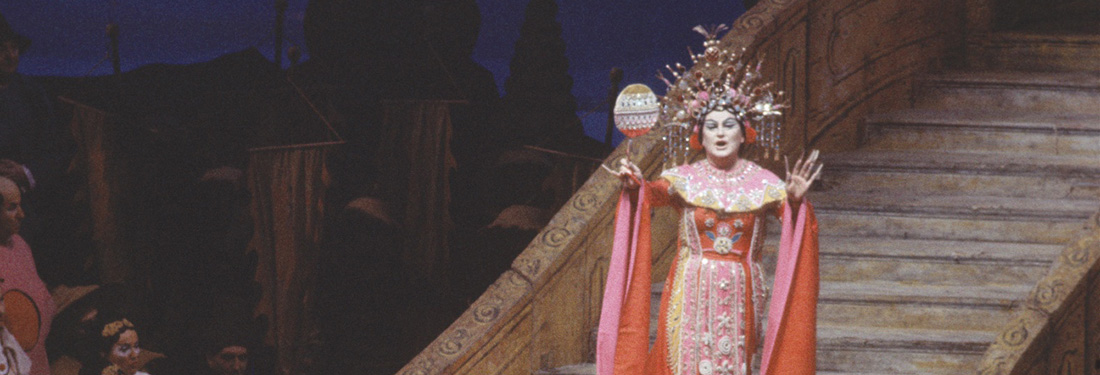
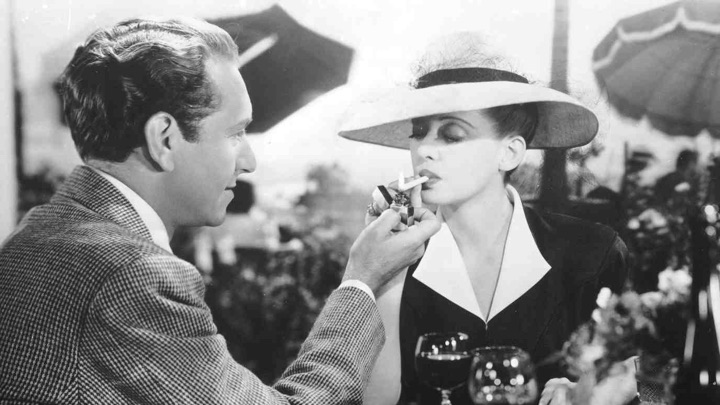
David Fox: I know just what you mean, Cameron. In my mind, I also began with the ending. Those last few moments of the film are among the more famous in cinematic history. Of course, there’s that famous moon and stars line, which simultaneously suggests the painful compromise these two characters have sensibly, if shatteringly, agreed to accept, and the ecstasy they truly feel. And then there’s the camera sweeping away from them, to the tree, to the sky. But the frisson kicks in even earlier, with Henreid putting two cigarettes in his mouth, lighting them, and handing one to Bette. Did 1940s film ever produce a more sexually charged moment than that? I think not.
CK: Honestly, I blame my youthful smoking habit, now thankfully long extinguished, on Turner Classic Movies.
DF: Without that final scene, though, I’d say Now, Voyager is a hit-and-miss experience, one that in terms of genre is poised awkwardly along a continuum that includes women’s weepies, alongside something that I think is supposed to feel like female empowerment. To me, it’s mostly memorable as the precursor to Bette Davis’s “twin” movies—A Stolen Life (1946) and Dead Ringer (1964). In both of those, she is, of course, one good sister and one bad one, thus displaying her range, but also delivering the we-love-it-when-she’s-a-bitch element that is quintessential Bette. Here in Now, Voyager, she is only one character—Boston Brahmin and subjugated spinster Charlotte Vale—but through her astonishing physical and emotional transformation, she’s almost two different people: it’s meek to chic in about ten minutes.
CK: Chic doesn’t even begin to describe it. Has there ever been a more ravishing moment than when Charlotte, now glammed up, arrives for cocktails aboard an ocean-liner in her flawless Orry-Kelly gown, complete with a dramatic cape festooned with jeweled butterflies? I gasped. The juxtaposition underlines something that’s present throughout her career, as you note—an ability to project great beauty one moment and to fully lose herself inside a character the next. Often we talk about actresses and stars, how some are one but not the other. Davis was clearly both. And while her ugly-duckling opening sequence finds her somewhat overripe, I appreciated the daringness to present a woman crushed by her barely concealed, uncomfortably repressed sexual desires in front of a 1942 audience.
DF: I’d agree that the candor of some aspects of Now, Voyager—which at times can feel fairly formulaic—has moments that are truly startling, and there is something surprisingly modern and frank in the not-entirely-fulfilling concluding moments. My sense of Olive Higgins Prouty, whose novel is the source of this film (the screenplay is by Casey Robinson), is that she’s not just merely a potboiler writer, but someone who aimed for psychological depth. That shows through sometimes, maybe most of all in Charlotte’s character, which really does offer Davis quite a range to play. I usually think she’s at her least interesting playing a victim, but even at her most drab and picked-on, Charlotte is far more than that.
CK: It’s lovely and thrilling to watch Davis blossom as her attraction to Henreid’s Jerry grows. Fresh off Casablanca here, he makes the perfect continental leading man, suave and sensitive, yet also deeply sympathetic as he honors a largely loveless marriage while burning with passion for Charlotte. I recall reading that Henreid turned down the opportunity to co-star opposite Davis in Mrs. Skeffington because he didn’t think it would be believable that they weren’t attracted to each other. It’s easy to understand why.
DF: I love Henreid pretty much always, but I think he’s especially good here, and they are ideally paired. Both are sensationally attractive, but not classically pretty or handsome in shallow Hollywood terms. And they seem to have a profound connectedness that I think goes beyond just being good actors who are well-paired. (Either that, or they’re so good that they can create that sense on film. Either way, I’m impressed.) We all know that Davis’s relationship with Warner Brothers, her home studio for years, was fraught, and they didn’t always do right by her. Now, Voyager probably comes at exactly the moment she was most valued by the studio, but in any case—boy, do they deliver for her. The supporting cast here is simply fabulous. You’ve already mentioned Gladys Cooper—but even the smaller parts are aced by the likes of Ilka Chase, Bonita Granville, and—brilliantly funny already in an early appearance—Mary Wickes.
CK: And of course, the man who would play Davis’ husband in Mrs. Skeffington, Claude Rains, appears here as her psychiatrist, bringing that perfect mixture of gruffness and compassion that characterizes his best screen performances. The film finds its flavor in the acting even when it turns somewhat hamstrung in storytelling, largely because every part has been cast with care. I would love to know more about Janis Wilson, the child actress who plays Henreid’s daughter, a socially awkward girl whose metamorphosis mirrors Charlotte’s. She wasn’t even credited here, in her film debut, and only made a handful of movies before retiring at 18. (Those few films include Watch on the Rhine, in which she played Davis’s daughter.) She makes the character’s transition from gloomy juvenile to lovely young lady seem effortless and charming.
DF: Speaking of which, this movie sure has some weird ideas about child rearing. On the one hand, little Tina (the daughter) is apparently doted on by everyone, including Charlotte—they all want what’s best for her. On the other, she’s traded back and forth between households as though it’s the most natural thing in the world.
CK: Prouty was certainly ahead of the curve when it came to joint custody. Come along, sweetheart, it’s time to move in with daddy’s lover…
DF: Cameron, you already tagged Orry-Kelly’s costumes as “swoonworthy,” and I completely agree. My own favorite is a dramatic black evening gown (well, I think it’s black—in a black-and-white movie, it’s guesswork) which could hardly be more severe, but is softened by a camellia corsage. And OMG, the hats! But I digress. The point I wanted to make was again about Warner Brothers really “getting” Davis. As Now, Voyager demonstrates, by 1942, they’d already put together a kind of Team Bette that showcased her perfectly. And I would say nowhere is this clearer than in Max Steiner’s score. His music would become closely associated with her movies, and the sweeping romanticism he delivers here is simply unforgettable.
CK: Now, Voyager is as close to quintessential Bette as one can imagine. So is All About Eve, which we’ll look at next—but with a slight twist. Stay tuned!

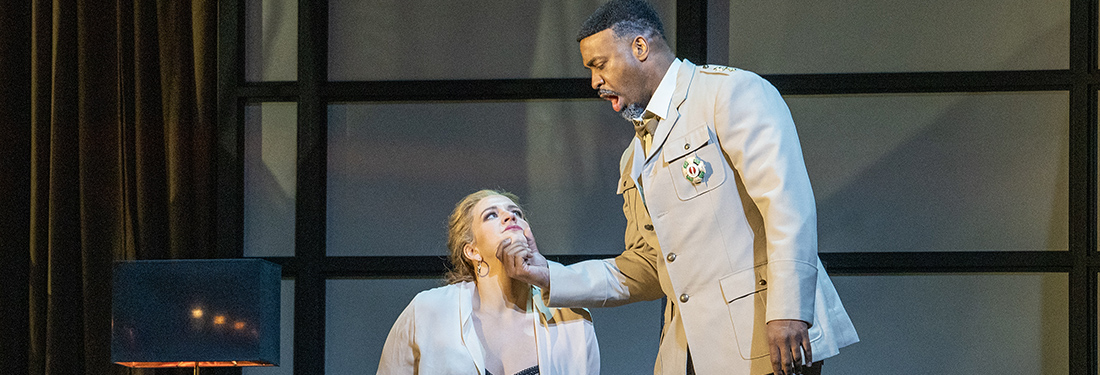
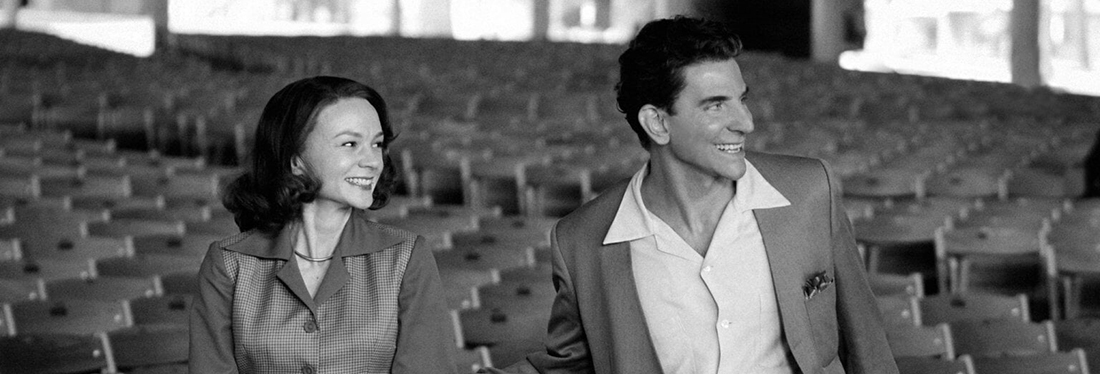
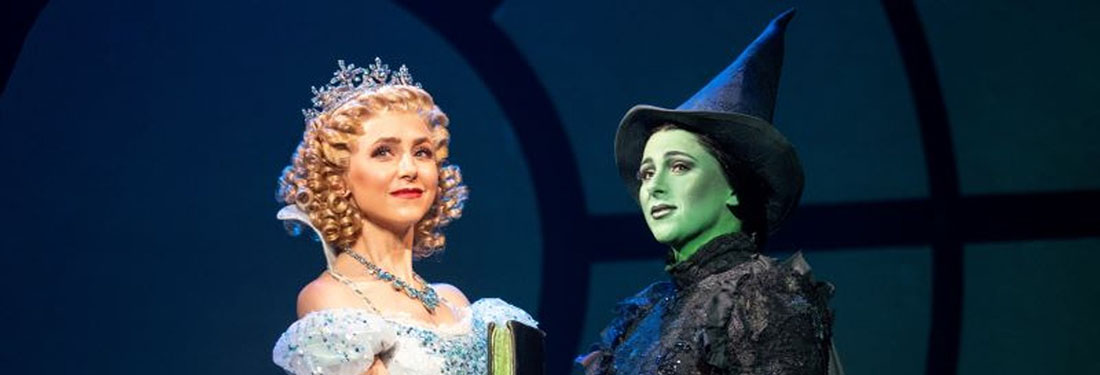
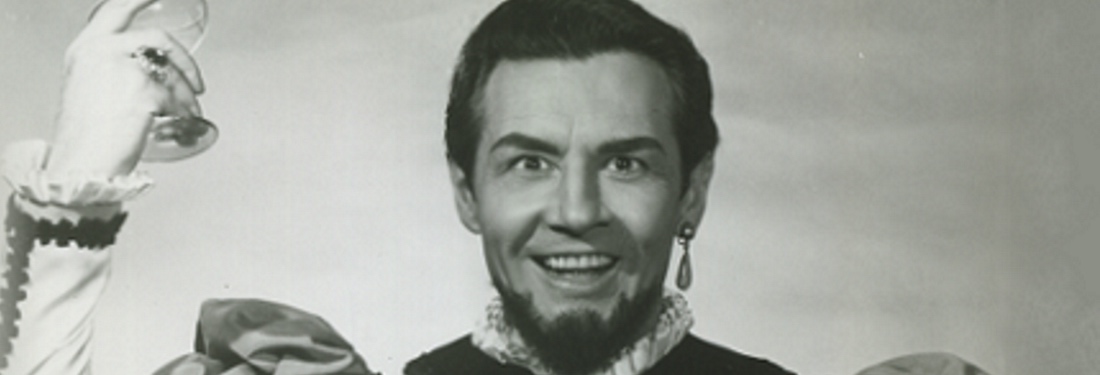
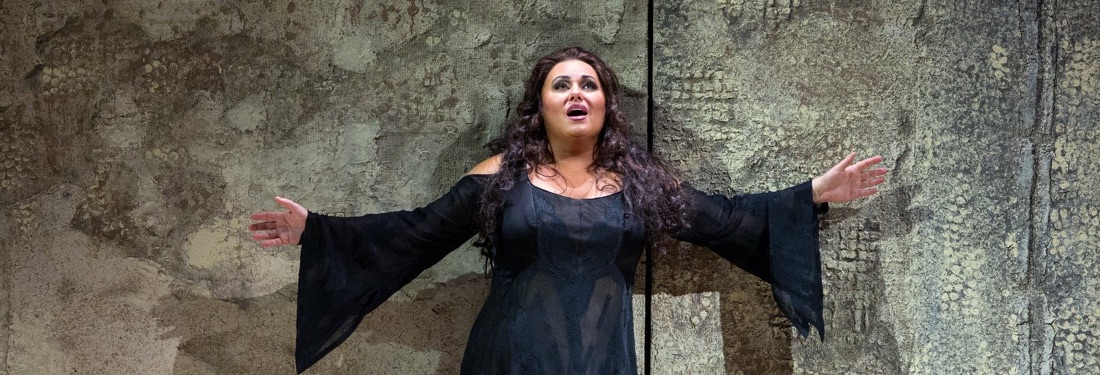


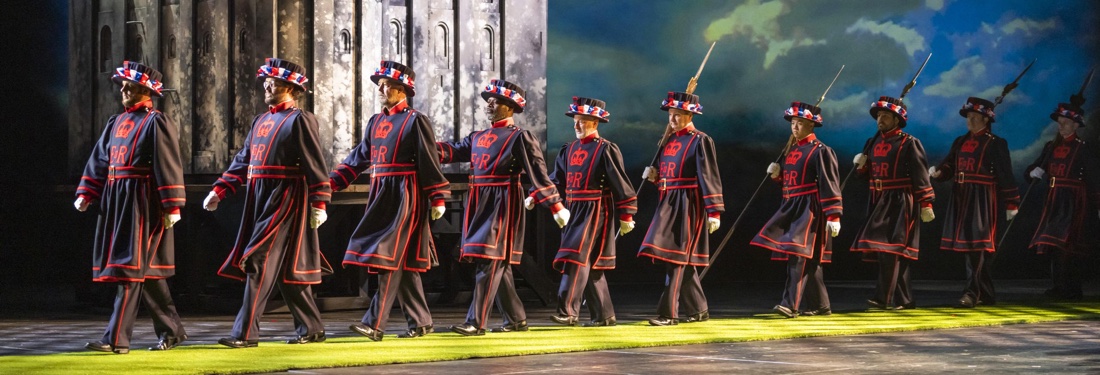

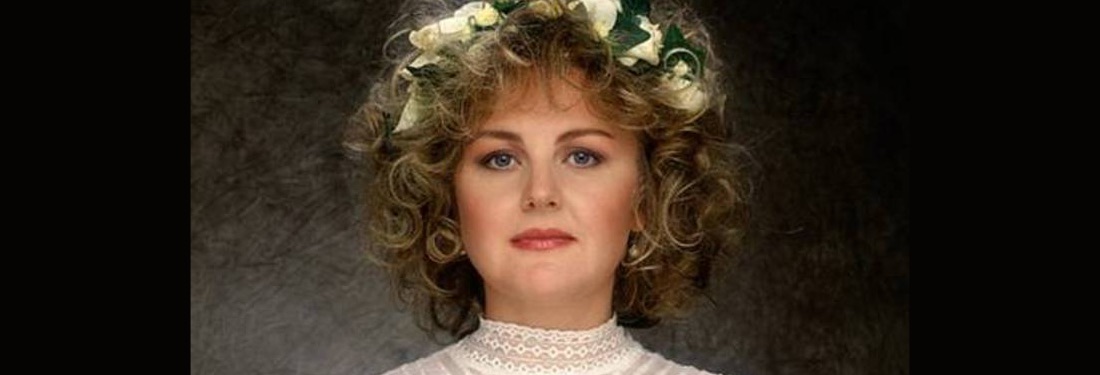
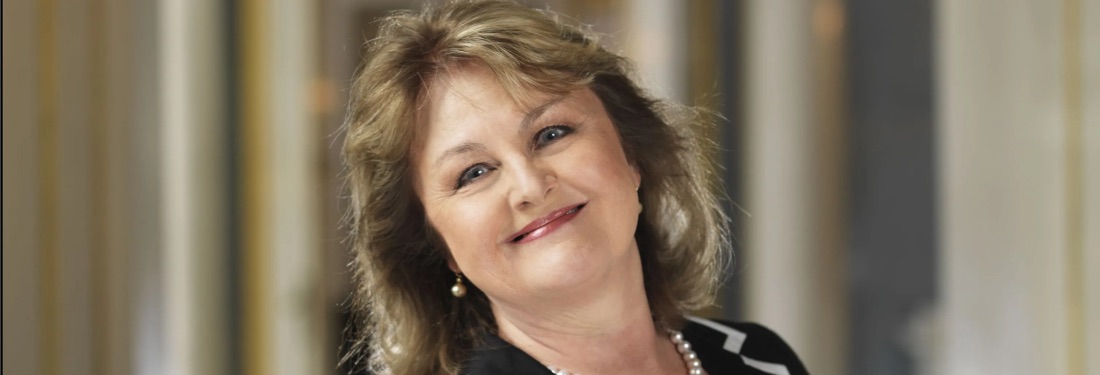

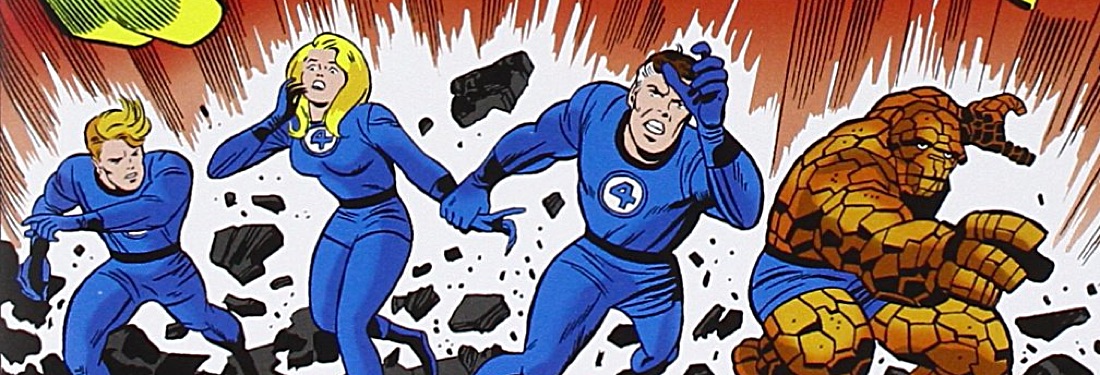











Comments